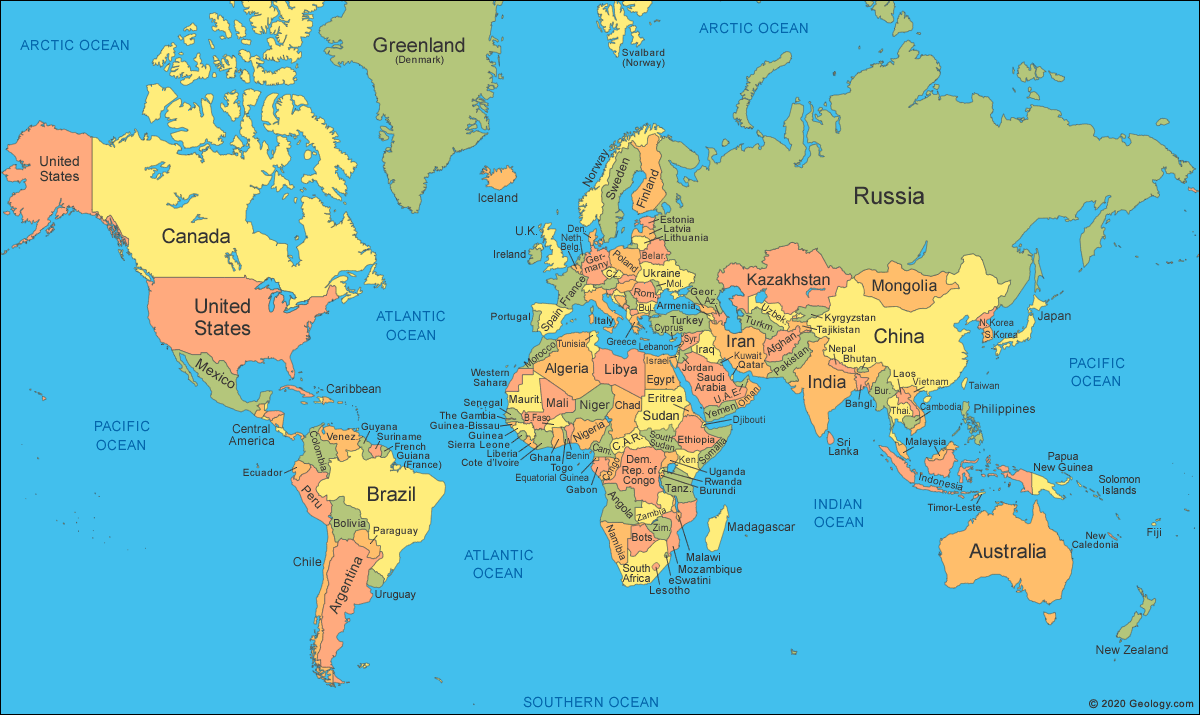
opening an offshore bank account
An offshore, or overseas, bank account is one that you have in a country you don’t reside in.
They allow you to make and receive payments, hold money and set up savings and investment accounts in multiple currencies.
Offshore accounts, also known as offshore bank accounts or offshore savings accounts, can make it simpler to manage your financial commitments across multiple countries and regions. They can be useful if you need to make, or receive, regular international payments and transfers.
Most expats have a bank account in their home country and another account in the country they’re living in. Many also consider opening an offshore account, as this can be an effective way to save, invest and manage money while abroad.
Reasons to open an offshore account include:
- you’re already living or working abroad
- you’re planning to move abroad, for work, or to retire for example
- you’re an international assignee and move countries regularly for work
- you make frequent trips between countries for business
- you get paid in a foreign currency, for example, for freelance work
- you own assets abroad such as investments, or property
- you have family members abroad who you support financially, for example, for a child’s school fees












FAQ
An offshore bank account is a bank account located outside of the depositor’s country of residence. It allows individuals, businesses, and institutions to hold foreign currency and other assets in a jurisdiction that is not subject to the depositor’s domestic laws and regulations.
Offshore accounts are often used for tax planning, asset protection, and privacy reasons. By holding assets offshore, individuals and businesses can often reduce their tax liabilities, shielding their assets from potential creditors, and protecting their wealth from domestic legal proceedings or political instability.
One of the primary benefits of an offshore account is the ability to maintain confidentiality. Many offshore jurisdictions have stringent privacy laws that protect the confidentiality of account holders’ personal information. This can provide a level of privacy that is not available in other jurisdictions and can be particularly valuable to individuals or businesses that want to keep their financial information confidential.
In addition, offshore accounts can enable individuals and businesses to diversify their portfolios and reduce the risk of investing solely in their home jurisdiction. By holding assets in different currencies, industries, and jurisdictions, individuals and businesses can potentially reduce their risk exposure and improve their overall investment performance.
Offshore accounts usually offer all major currencies including but not restricted to GBP, USD, EURO, JPY, CNY, AUD, CND, etc.
Exact currencies being offered differ from one financial institution to another.
Certain Offshore accounts come with Debit cards – virtual and/or physical. However, not all financial institutions offer a debit card.
Legality of Off Shore account differs from jurisdiction to jurisdiction.
Most Offshore accounts can be opened remote i.,e. without visiting. However, certain jurisdiction like UAE mandate presence of the client.
An offshore accounts works very similar to a regular bank account. Most offshore accounts allow only wire deposit.
Our Professional fee for opening an Off Shore bank account is £ 500.

